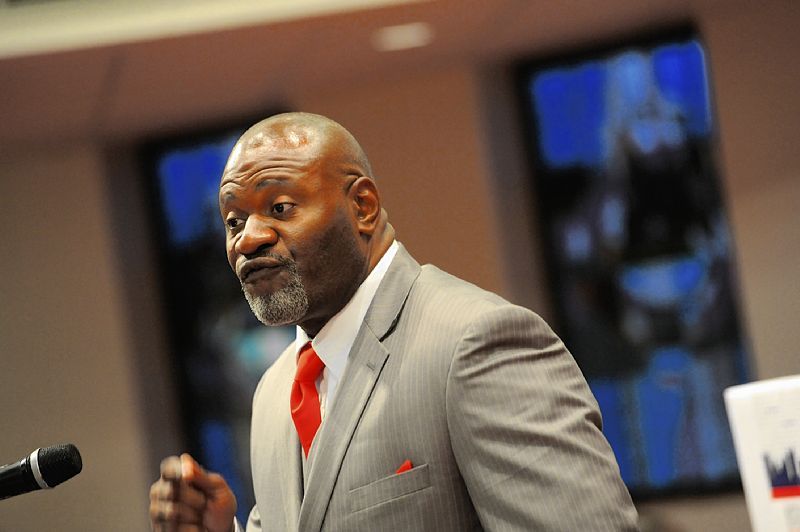Public speaking is one of the most difficult tasks for many people, cutting across barriers of race, region and religion. Perhaps, it is safe to assume that stage fright is one of the few truly common aspects of global society!
This “psychomotor disorder” (as some psychologists like to call it) afflicts more people in the world than malaria and worries more people than poverty!
Imagine what could happen to you if you suddenly lost your voice — you can’t talk anymore — you’re dumb. What happens to your schooling, your skills, your career/profession, and all your abilities and capabilities? Okay, but you can talk, right? Now imagine you have all the skills you have right now but you CANNOT communicate your value or worth to the world even though you can talk?
Without the ability to express yourself, you could lose your entire worth. So how do you get over stage fright?
OVERCOMING STAGE FRIGHT
The technical name for the fear of public speaking is glossophobia. It is the single most feared entity in the world, even feared more than death, darkness, heights, spiders and snakes!
Cold feet, excessive sweating, a pounding heart, upset stomach as if you were being pulled into it and nervous breakdown are all commonly observed symptoms of stage fright. Every such person (which is 3 out of 4 persons in this world) wish they could be as flamboyant, with a bold demeanour and confidence as their friends, colleagues or relatives who are so articulate in their expressions even in front of a crowd. Some pessimists think that there is absolutely no need to even try how to get over a stage fright.
The biggest fact you need to understand is that even the most excellent orator, or that person whom you desire to speak like, is also nervous, maybe as nervous as yourself. This may sound a bit ironic, but if you happen to talk to a willing person who is well-versed with public speaking techniques, he will reveal that most of the time, even he is scared. So, how can you deal with your own fears?
[1] Focus on The Task at Hand
Great speakers get nervous too. It is the will power, positive thinking and the passion to get your point across to the audience that drives a good speaker to get over this fear. So, one of the assured ways of dealing with stage fright is to marginalize the natural reactions of your body by simply focusing on your will to convey your part.
For, example if you are about to deliver a presentation in front of your boss and some top-level people, it is human and completely normal to be nervous. However, if you are determined to make the presentation a success (by thinking about what you stand to gain if everything goes well) such that every word that you speak comes right from the bottom of your heart, there is no scope for social anxiety to rein the thought process in your mind.
2] Pay Attention to Your Breathing
Breathe deep, slow and steady. It can work wonders on stabilising the thinking process. Even on being nervous, make your bodily actions more sturdy and positive. If you are sitting and waiting for your turn to addressing the gathering, sit with an upright posture, tall, with a gentle smile playing on your lips. It does take some effort to do that, but make it happen, even if forced. Such positive body movements will translate into a confidence boost.
[3] Draw Up Beautiful Images
Create positive mental images of the task you are about to perform. If you are performing a dance, imagine being in the most gracious of moves, enjoying every step as you perform. If you are about to speak in front of a packed hall, imagine a thunderous applause across wade across the hall in appreciation of your talk. This should make you get the desired effect in reality, with the same result as imagined.
If it is a debate, imagine yourself so fluent and articulate that the audience virtually clapped all through your speech. Or, imagine that the audience delivers a resounding applause after you make one of the strong points you have in your speech. Remember, the point here is to paint such a beautiful mental picture that you forget your fears!
[4] Music?
Some people listen to soft music, which too can be a good technique to relax your mind. This may divert your focus from your fears.
[5] Be Honest With Your Preparation & Work
Some people try to evade under-preparation by stage fright excuse. Learn to shoulder your share of responsibilities. If you prepare and rehearse well, the effort is bound to produce positive results. Knowing that you’ve done a good job with your research, you’d be more open to the prospect of declaring your capabilities.
The ability to deliver a nice speech or a rousing performance like a play, dance or some trick in front of people is one of the most satisfying feelings on earth. It can have the most positive implications on your personal and professional life.
Social acceptability, and your share of fame, is the most prized appreciation for many celebrities and socialites. Therefore, a little effort with a lot of will-power will make you a star in your own way.
Prashant Magar contributed to this article.










